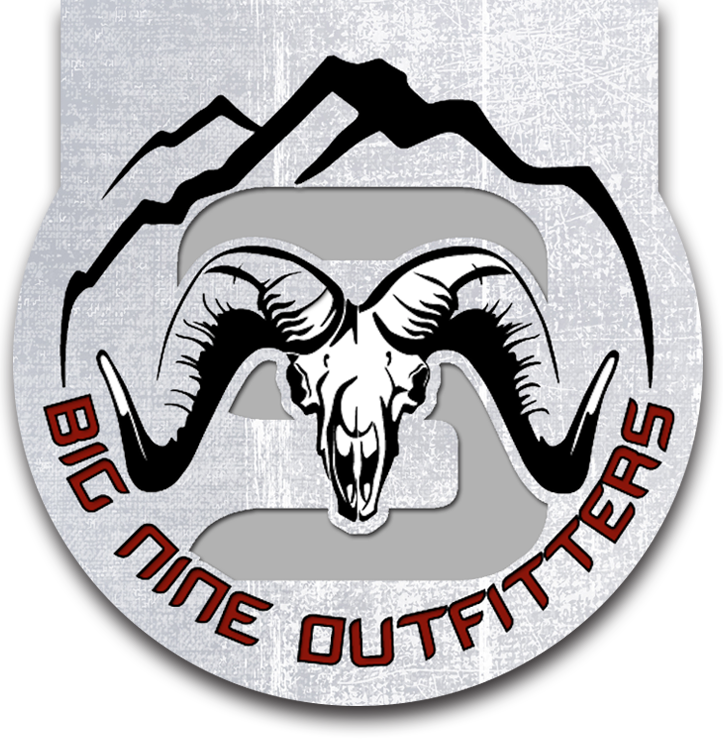[vc_row][vc_column][special_text animation=”fadeInDown” tagname=”div” font_weight=”300″ font=”google_web_font_Open Sans” align=”center” color=”#360000″ font_size=”32″ margin_top=”20″]COOK’S GUIDE
[/special_text][/vc_column][/vc_row][vc_row][vc_column][text]
- Priority one is cleanliness and food safety, it would be beneficial to have a food safe certificate.
Never store raw meat with vegetables in the same cooler or pack box. Be sure to rotate the fresh produce, using up old stock first. Make sure the meat is stored in the coolest place possible, order only 3 days of meat if you are going to a satellite camp. It is important to wash your hands before preparing anything in the kitchen, even a cold water wash is better than none. Be conscious of all the food that is served, food poisoning can be deadly. If serving leftovers, make sure the temperature is at least 160 degrees F. In outer camps it is advisable to serve leftovers the next day, making sure it is heated up sufficiently. Extra caution is required with dealing with food prep in a small camp.
- The cooks set the tone for the camp and overall atmosphere, so always be polite, courteous and helpful as possible with all clients and crew. Be as jovial and upbeat to the best of your ability. Remember this is a hunt of a lifetime for many hunters and they are to be treated accordingly
- I spare no expense in regards to food being served and I expect top of the line meals, desserts, pastries and fresh bread. With this being said, try your best not to waste too much as the costs are high. Do your best to make enough to go around with as little left overs as possible. “Do Not Short Yourself”
The first meal and breakfast of a hunt will be a good indicator of the size of meals prepared. If you have a group in that is not big on desserts, make sure one dessert is cleaned up before cooking anything new.
As a rule of thumb: ½ lb meat/person, 1 potato/person, ½ c vegetable /person. With salad it depends on the type and kind.
- Be organized and have meals ready on time, especially breakfast (on the table by 6 am). Have a running order list for supplies needed and order according to number of people in camp, with enough on hand to cover shortages.
When closing any camp, which means if supplies are put in the cache, provide a detailed inventory, for example 6-br. Beans. It’s your duty to make sure everything goes into the cache and the inventory handed in to the cook at Base Camp.
- In smaller camps there may not be a wrangler, in this case you are responsible for your own wood and water, do not wait for the guides to come in to do it. You are also responsible for hobbling the horses and turning them out, and tending any hobble sores, putting any meat bags in the creeks to soak and for taking them out, unless the guides have time to do this. You are not required to do guides laundry. This is totally up to you. If you do laundry for them, it is a nice jester on your part.
The radio should be turned on when you get up and turned off before you go to bed. Keep chatter to minimum as the radios operate off of battery power.
[/text][vc_row_inner css=”.vc_custom_1441156188126{padding-top: 30px !important;}”][vc_column_inner width=”1/3″][text]BREAKFAST
Eggs-will be on the menu every day, fried, scrambled, as long as everybody has a choice of having eggs.
Meat-either, bacon, sausage, or breakfast steak
Toast
Pancakes or French Toast.
Porridge is optional. This meal is important as they might not get in till late in the evening[/text][/vc_column_inner][vc_column_inner width=”1/3″][text]LUNCHES
2 sandwiches, 1 peanut butter and jam, 1 meat and cheese
3 cookies and or square
Apple or orange
Juice box
You can personalize lunches if you so choose as per request . Hunters in camp or crew requires soup and sandwiches, or other light meal ideas[/text][/vc_column_inner][vc_column_inner width=”1/3″][text]SUPPER
This is the main meal. You should learn the basic cuts of meat as you might have to cut your own meat off of a ¼ or backstrap.
In smaller camps supper is to be served when they get in. That means holding them warm, talk to your guides for a basic idea of when they think they’ll be in. In bigger camps you’ll have access to a micro wave.[/text][/vc_column_inner][/vc_row_inner][text]
- You are responsible for all camp laundry, bed changes, bedroll sheet changes. All bedding is to be changed between hunters.
- You are responsible for the cleanliness of the camp, Kitchen, cabins, if no wrangler, all the buildings. The tack room or barn is usually handled by the guides and wrangler.
[/text][/vc_column][/vc_row][vc_row css=”.vc_custom_1424048222327{margin-top: 0px !important;margin-bottom: 0px !important;border-top-width: 0px !important;border-bottom-width: 0px !important;padding-top: 40px !important;padding-bottom: 0px !important;border-top-color: #000000 !important;border-bottom-color: #000000 !important;}” gmbt_prlx_bg_type=”parallax” gmbt_prlx_break_parents=”99″ gmbt_prlx_video_youtube_loop_trigger=”0″ gmbt_prlx_video_aspect_ratio=”16:9″ gmbt_prlx_parallax=”none” gmbt_prlx_speed=”0.2″][vc_column][special_text tagname=”h3″ align=”center” color=”#360000″ font_size=”35″ margin_top=”20″]Hunting British Columbia with Big Nine Outfitters
[/special_text][special_text tagname=”div” font_style=”italic” align=”center” color=”#313439″ font_size=”25″ margin_top=”20″ margin_bottom=”25″]~ Recognized as one of the best areas in the world for trophy hunting ~
[/special_text][special_text tagname=”div” align=”center” font_size=”23″ margin_top=”23″ margin_bottom=”10″]Call Chad Miller, Outfitter
[/special_text][special_text tagname=”div” align=”center” font_size=”23″ margin_top=”18px”]Cell: (250) 570-9712
[/special_text][special_text tagname=”div” align=”center” font_size=”20″ margin_top=”10″ margin_bottom=”20″]Mid July to late October Call: (250) 277-9614
[/special_text][special_text tagname=”div” align=”center” font_size=”20″ margin_top=”10″ margin_bottom=”20″]big9outfitters@gmail.com
[/special_text][text]
[/text][/vc_column][/vc_row]

